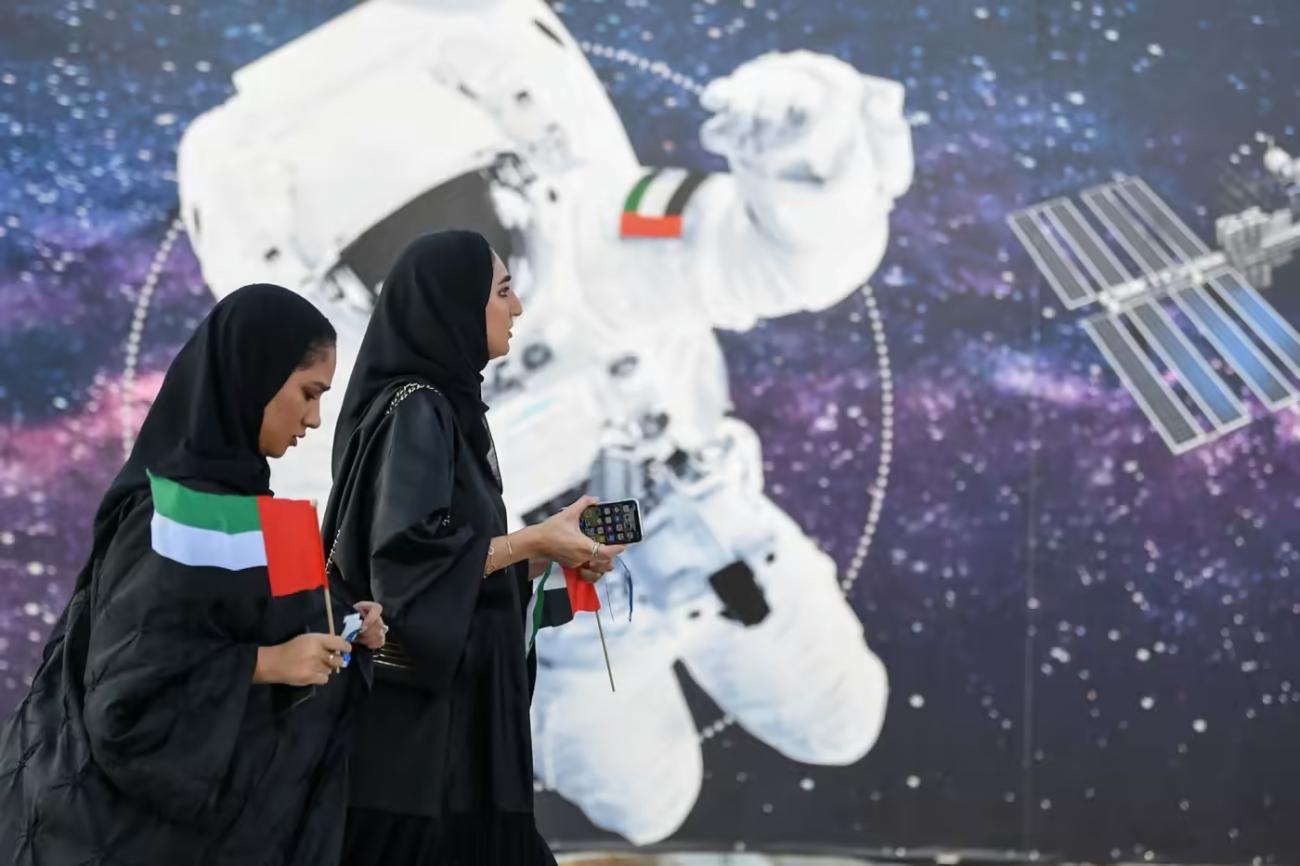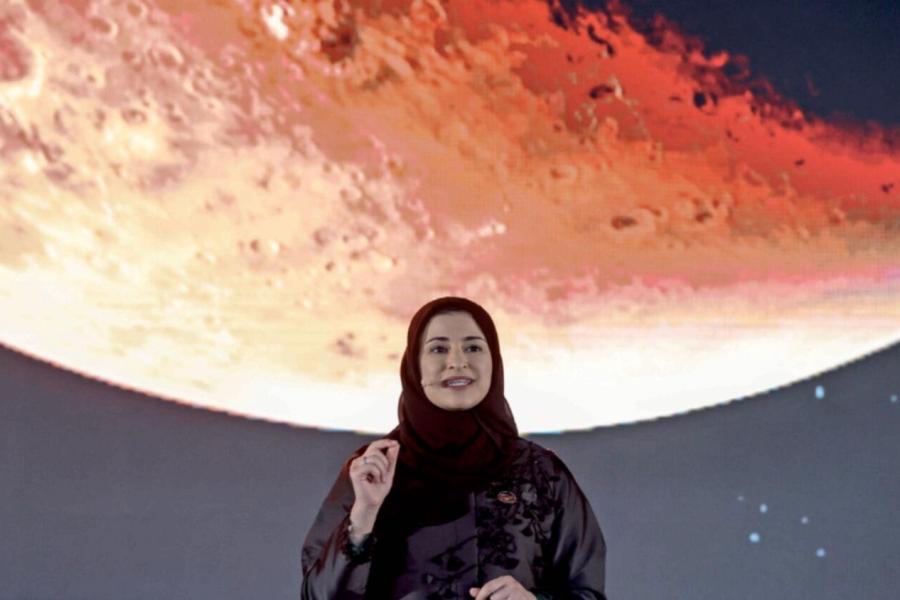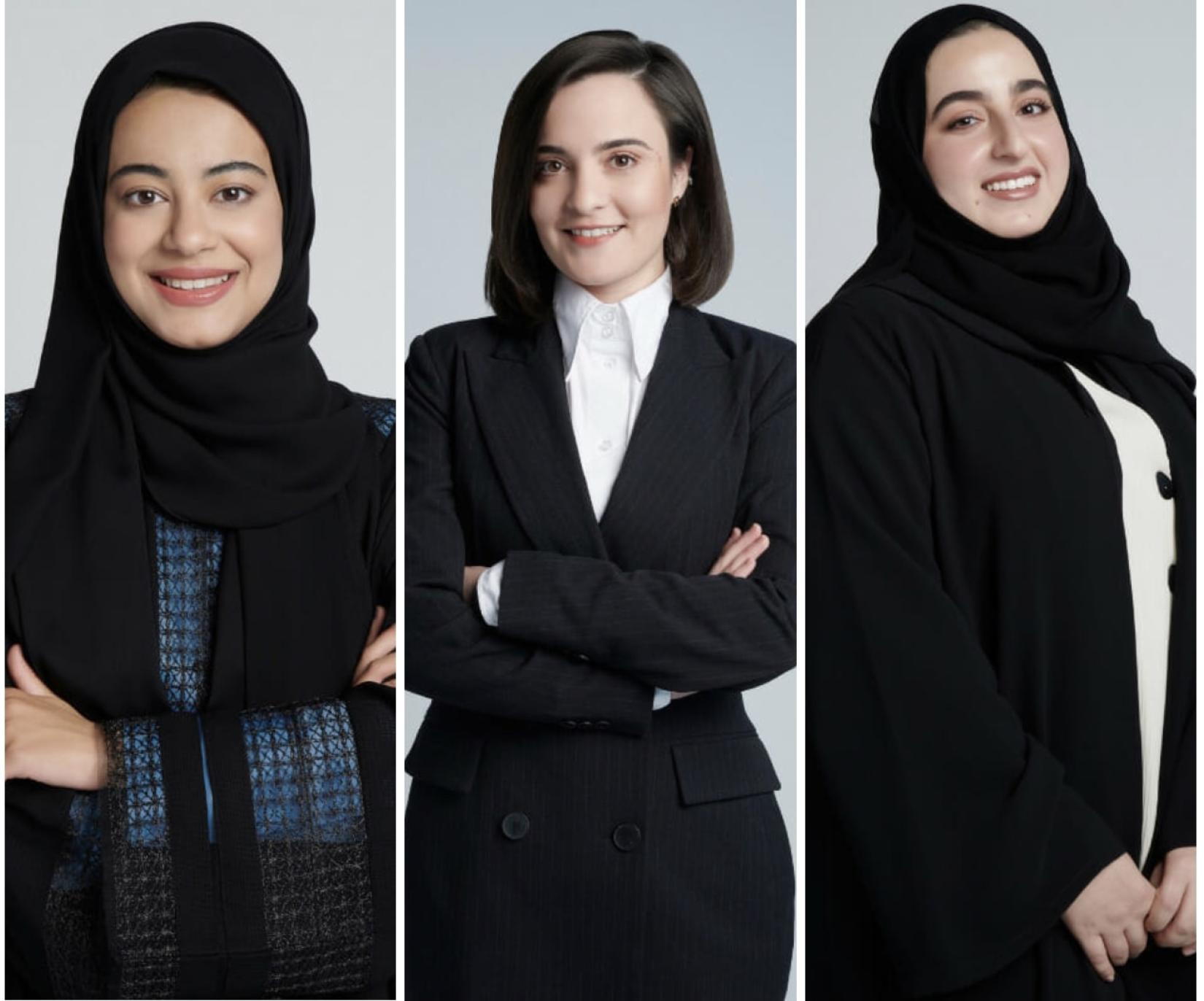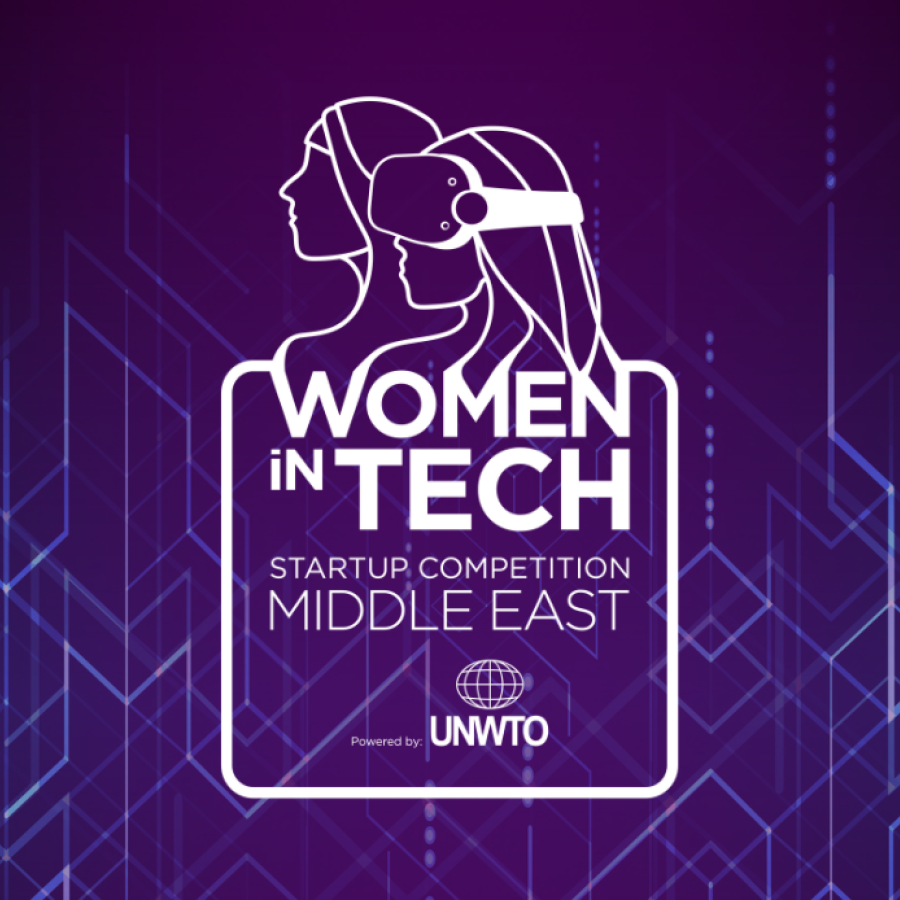Empowering Women: Game-Changers in Science and Technology

Emirati Women Changing the Game in STEM
The world needs science and science needs women, and Emirati women are stepping up to prove this adage.
Women like Nora AlMatrooshi and Heyam Al Alblooshi are shattering stereotypes and being recognized for their true potentials as game-changers in STEM (Science, Technology, Engineering, and Mathematics) sectors in the UAE. Nora AlMatrooshi made history at just 28 years old as the first-ever female Emirati and Arab astronaut, selected from more than 4,000 applicants in the UAE. Heyam Al Alblooshi, a passionate engineer, is pursuing her dream as a Design Engineer with the UAE Space Agency, where she was actively involved in the Emirate’s Mars Mission.

The UAE's commitment to gender equality in STEM is evident in the leadership of H.E. Sarah Al Amiri, UAE Minister of State for Public Education and Advanced Technology and Chairwoman of the UAE Space Agency. She led the team that sent the UAE's Hope Probe spacecraft to Mars, which was launched on July 19, 2020, and arrived to Mars on February 9, 2021. The team included a significant number of women, with female engineers and scientists comprising 34% of the Emirates Mars Mission team and women representing 80% of the Hope Probe's operations team.
“The Arab world has its share of pioneering women scientists, and their work has played a key role in addressing issues that impact global society. We can see examples of driving forward with diversity in the UAE, providing women with access to funding, career progression and equal-pay.” H.E. Sarah Al Amiri, UAE Minister of State for Public Education and Advanced Technology and Chairwoman of the UAE Space Agency
As a global priority, gender equality in science and technology is crucial for the achievement of the Sustainable Development Goals (SDGs). Despite significant efforts to engage women and girls in STEM over the past decades, they continue to be excluded from fully participating in these fields. For instance, women are typically given smaller research grants than their male colleagues, and only 12% of members of national science academies are women, even though they represent 33.3% of all researchers.
To address this gender gap, the United Nations Office for Outer Space Affairs (UNOOSA) has been actively promoting awareness, capacity-building, and skills of women and girls globally in STEM and space technology. Efforts such as a global survey of the women workforce in the space sector and related assessment studies have been initiated, thus strengthening evidence-based awareness-raising. UNOOSA has connected over 200 women through its “Space4Women Mentorship Program” to inspire and guide more women and girls into STEM and space. A “life-changing experience”, as highlighted by one mentee, the program shows that role models and mentors can substantially support other women to achieve their ambitions in the STEM and space industries.

Global fora such as the “Space4Women Expert Meeting” confirm the role of the United Nations in promoting awareness of gender equality and empowerment, as well as providing the baselines to initiate policy action and changes. UNOOSA’s efforts, in such a context, contribute to making the global space sector more comparable and accessible to women and girls.
In addition to such efforts, the “L’Oréal-UNESCO For Women in Science Middle East Regional Young Talents Programme”, aims to promote the participation of young women in science, with a focus on the GCC region and Yemen. The driving ethos behind the yearly program is that ‘the world needs science and science needs women’. The program was created to break barriers for women in STEM to progress and provide them with the tools to succeed. In its ninth year, the L’Oréal-UNESCO For Women in Science Middle East Regional Young Talents Programme, in partnership with Khalifa University of Science and Technology, has honored five visionary women from the GCC to recognize their ground-breaking research in the fields of their expertise, including three researchers from the United Arab Emirates:
- PhD student Hessa Ebrahim Ali Alfalahi for her research on early detection and diagnosis of depression and Parkinson’s disease using data collected through novel Artificial Intelligence (AI) algorithms
- Dr. Raefa Abou Khouzam for her research on investigating new treatment strategies for pancreatic cancer to lead to its elimination.
- Ayesha Abdulla Alkhoori for her research on converting Carbon Dioxide (CO2) into clean fuel to alleviate global warming and provide a solution for the energy depletion crisis.

Call for applications for 2023 are now open until April 28. For more information, visit the website.
“Through the L’Oréal-UNESCO For Women in Science Program, we aim to improve the representation of women in STEM, to drive global impact by empowering more female scientists to achieve excellence at different stages of their careers and to encourage their participation in solving the great challenges of our time for the benefit of all.” Alexandra Palt, Chief Corporate Responsibility Officer and CEO of the Foundation L’Oréal.
The world is undergoing a fundamental transformation that is changing the way we live, work, and think. This has far-reaching implications on society, and particularly in STEM fields of science, technology, engineering, and mathematics (STEM). While women remain a minority in digital information technology, computing, physics, mathematics, and engineering, they are certainly the driving force behind the UAE’s initiatives to stay on the cutting edge of science and technology. The UAE has embraced gender diversity and inclusivity in all aspects of life, including the digital revolution, ensuring that women have equal access to high-quality government services that are digitally optimized.
The Regional Office for the Middle East of the United Nations World Tourism Organization (UNWTO) recently launched in the month of March 2023, the “Women in Tech Startup Competition: Middle East”, which targets innovative startups led, owned, or managed by women residing in the region. Applicants can participate in one of the following categories: social impact, tourism and travel experience, future tech and events and community. The initiative gives female entrepreneurs the chance to compete for enhanced capacity building and visibility, as well as strengthens UNWTO’s efforts to make tourism a pillar of women’s empowerment. The application period is open until end of June 2023. For more information, please visit the website.

As stated by UNWTO Secretary-General Zurab Pololikashvili: “Tourism startups have the power and agility to transform the sector in line with the Sustainable Development Goals. Tourism startups are also leading the way in advancing women empowerment, in the Middle East and globally, and UNWTO is delighted to support the region’s best innovators and digital entrepreneurs.”
The United Nations contributes to creating a conducive environment to the active and equal role of women and girls in space science, technology, innovation, and exploration, thus increasing and improving the participation of women in the space workforce. Through their unique role as a capacity-builder, UN agencies such as UNOOSA, UNESCO, UNWTO and many others, are enabling the space and STEM sectors to be more inclusive and diversified for women and young girls alike.
“We can all do our part to unleash our world’s enormous untapped talent – starting with filling classrooms, laboratories, and boardrooms with women scientists.” UN Secretary-General António Guterres
The world is evolving and women in STEM are there to make it happen, from the UAE to the world.




